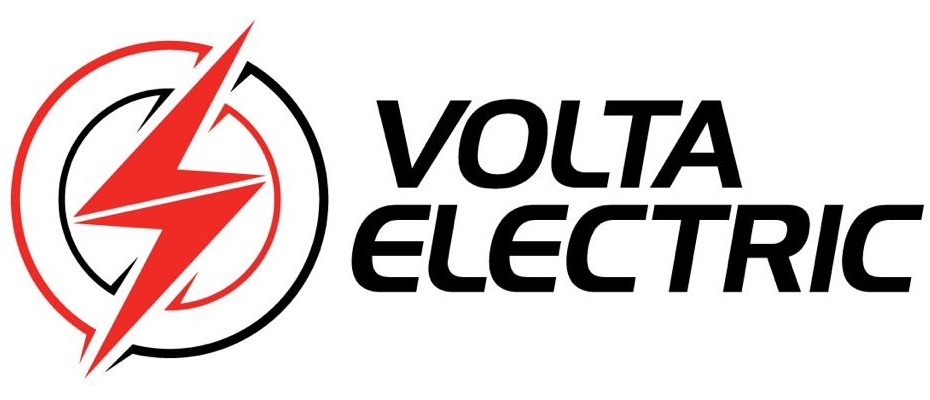
The safety and functionality of electrical systems in different settings, such as residential, commercial, and industrial buildings, heavily rely on the work of electrical contractors.To maintain high standards of safety and adhere to legal requirements, electrical contractors must have a comprehensive understanding of building codes and safety regulations. In this article, we will delve into how electrical contractors ensure compliance with building codes and safety regulations, emphasizing their vital role in maintaining electrical system integrity.
In-depth Knowledge of Building Codes and Regulations
Electrical contractors are well-versed in local, national, and international electrical codes and regulations. These codes outline the minimum safety standards and guidelines that must be followed during electrical system installations, repairs, and maintenance. By staying up to date with the latest versions of these codes, electrical contractors ensure that their work meets the necessary legal requirements and industry best practices.
Pre-Construction Planning and Design
Before commencing any electrical project, electrical contractors engage in thorough planning and design stages. They collaborate with architects, engineers, and other professionals to develop electrical plans that align with building codes and safety regulations. By considering factors such as load calculations, wire sizing, circuit design, and equipment selection, electrical contractors ensure that the electrical system is designed to be safe, efficient, and compliant with the relevant regulations.
Permit Acquisition and Inspections
Electrical contractors are responsible for obtaining the necessary permits from local authorities before starting any electrical work. These permits ensure that the electrical project is in accordance with building codes and safety regulations. Additionally, electrical contractors schedule and facilitate inspections during various stages of the project to ensure compliance. Inspections typically cover aspects such as wiring, grounding, electrical panel installations, and overall system functionality.
Quality Workmanship and Materials
To maintain compliance with building codes and safety regulations, electrical contractors prioritize quality workmanship and the use of approved materials. They follow industry standards and guidelines for electrical installations, employing skilled electricians who possess the necessary qualifications and experience. By using approved electrical components and materials, electrical contractors ensure the longevity and safety of the electrical system.
Ongoing Training and Professional Development
Building codes and safety regulations are dynamic, constantly evolving to address emerging technologies and improve safety standards. Electrical contractors stay informed about these changes through ongoing training and professional development. By attending seminars, workshops, and industry conferences, electrical contractors and their teams stay updated with the latest requirements and techniques, allowing them to implement best practices and maintain compliance with changing regulations.
Documentation and Record-Keeping
Electrical contractors maintain meticulous documentation and records throughout the entire electrical project. This documentation includes permits, inspection reports, electrical plans, equipment specifications, and other relevant information. By maintaining accurate records, electrical contractors can demonstrate compliance with building codes and safety regulations. These records also serve as valuable references for future inspections, maintenance, and repairs.
Summing up, electrical contractors play a critical role in ensuring compliance with building codes and safety regulations. Their in-depth knowledge of electrical codes, thorough planning and design stages, permit acquisition and inspections, emphasis on quality workmanship and materials, ongoing training, and meticulous record-keeping all contribute to upholding the highest standards of safety and compliance. By entrusting electrical projects to qualified electrical contractors, individuals and organizations can have confidence in the integrity and reliability of their electrical systems, fostering a safe and functional environment for all.
Learn more:

